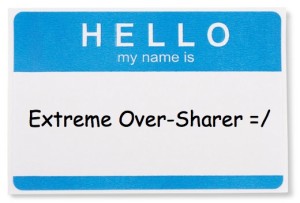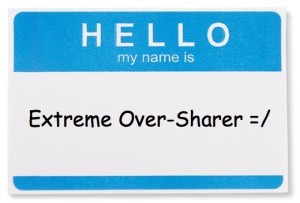Well it’s the love season! Valentines day is around the corner and love is in the air.
What would you say to a friend who said he met a great girl and after 2 dates he
was going to ask her to marry him. Though I don’t actually know your answer I
am guessing most of you reading this would say, “are you crazy?” you don’t
know enough about her, you think you are a good match but how do you really
know.
Additionally, if you are going to ask someone to marry you, isn’t it expected that
they will say yes since there is a courting period? If there were red flags you
could pick them up early and either address them or get out before it’s too late.
Makes sense right?
Of course it does. Then why in sales, are we getting to know very little about our
prospect and asked them to marry us so soon? Somehow we think in business
courting is not necessary. Well it is! A prospect needs to understand you, your
organization, get questions answered and you need to truly understand what
their real needs are, not just the ones they tell you upfront they want or need.
You need to know the whys. They whys help you customize a true
recommendation for them that reflects all of them, not just what they initially told
you wan the issue they were trying to resolve.
The courting period is the time where you really get to know the prospects issues
and how they are affecting them and their organization. I don’t mean taking them
to lunch and to play golf. That is fine but its not what building relationships are
truly about. The idea of courting should help your prospect self-discover that
he/she wants to do business with you. Yews you can tell them why early on my
giving them your ‘dog and pony’ show of all of your features and benefits of how
you can help them or worse, how you have helped ‘others just like them’.
Imaging using that line on a date….
Here are some tip in being successful in sales and frankly in dating….
1) Slow down. The courting part takes time. It is also if done well, some true
discovery is done and will help really come up with the best plan in the
end.
2) Ask great questions to get your prospect talking. I’m not talking about
questions like, “wouldn’t be helpful if you had a solution that would print
your widgets faster and for less money?: That is a leading question and a
very silly one. Do you really think they can’t see through that? No. Ask
open-ended thought-provoking neutral questions. Think of these questions
like this, if you didn’t have an ulterior motive to sell this person, what would
you ask them to try to help them with their issue? Those are the right
questions. They show that you care about the entire picture and not only
what revolves around your particular solution.
3) You must truly understand what the Clear Next Step will be at the end of
the meeting or phone conversation. Not just “Ill call you next week with the
proposal” or “Ill send a proposal to you on Tuesday”. NO! You must get a
clear date and time that you both agree to and have it on the calendar!
Your responsibility is to get the agreement of that next step, not suggest it
to them. There must be skin in the game, and this is how to test
that…BEFORE you propose anything!
4) Make sure that you have a full understanding of what they will do if you
decide to get them some recommendations based on what they need and
how working with you will solve those issues. In other words, don’t buy
the ring until you know she’ll say yes.
So is sales really like dating, yes and no. I will tell you it is more like it then
you think. Understanding people, TRULY understanding people is the key to
a successful career in sales…..Unless you have enough money to buy lots of
engagement rings.






